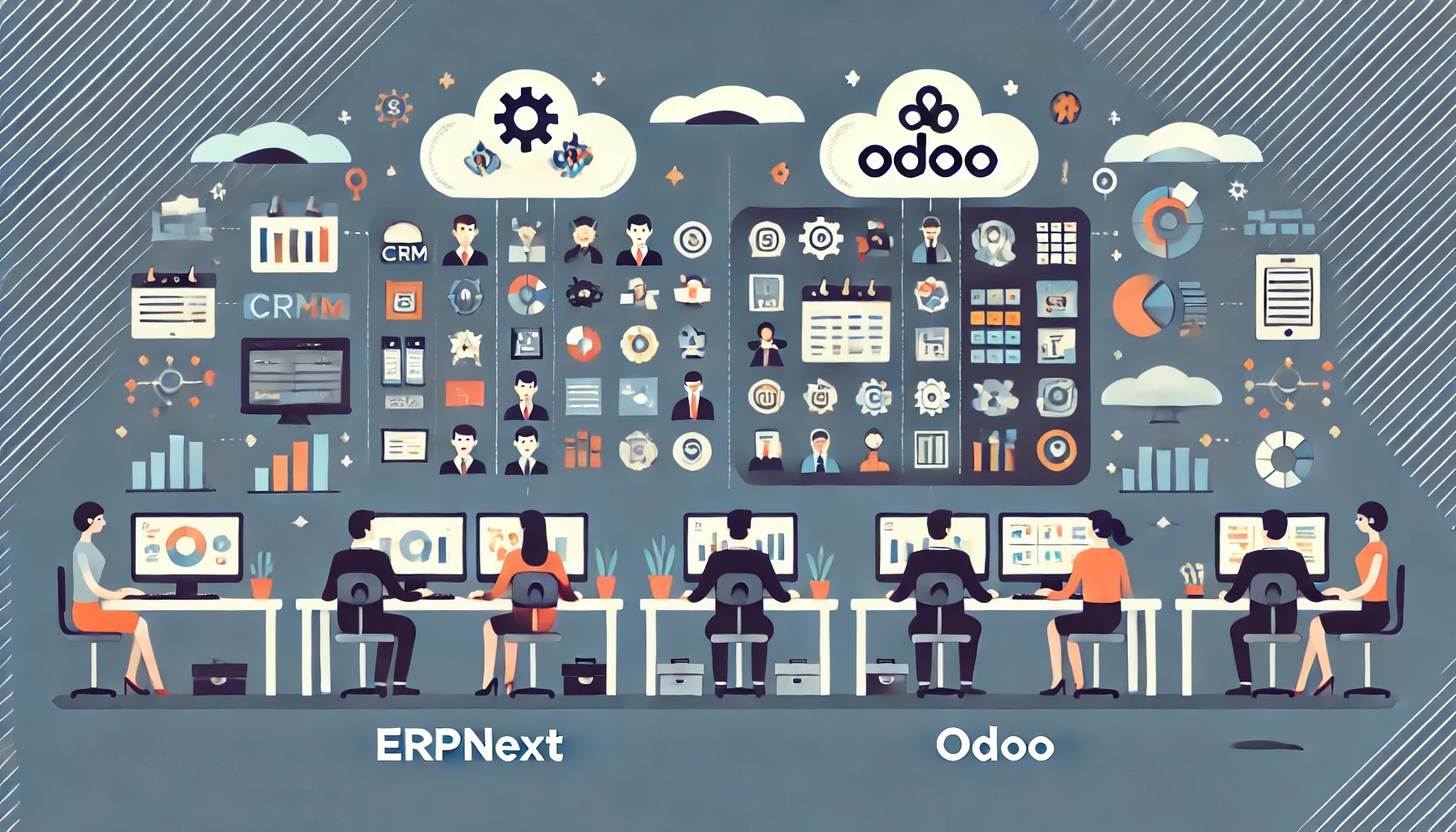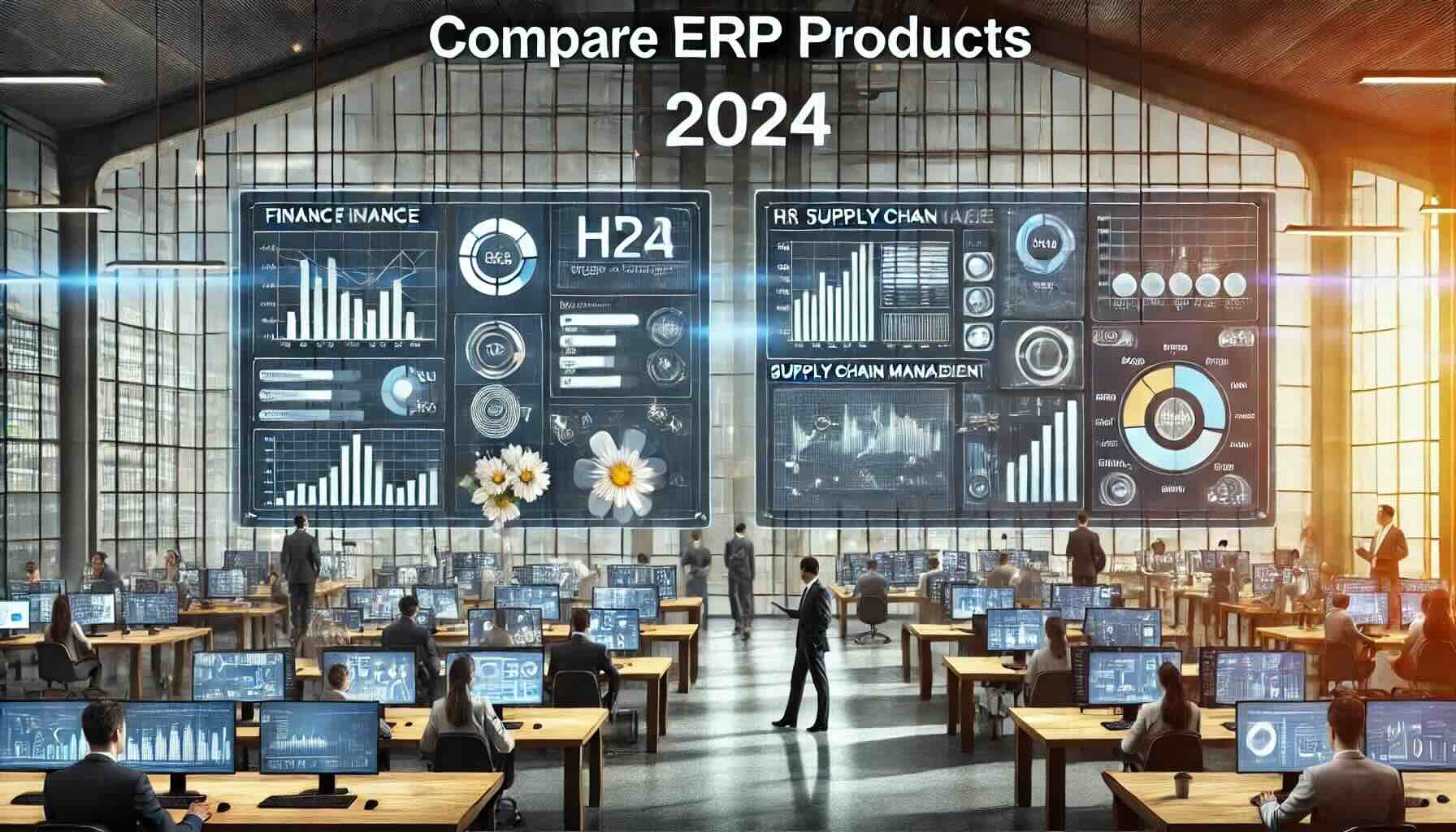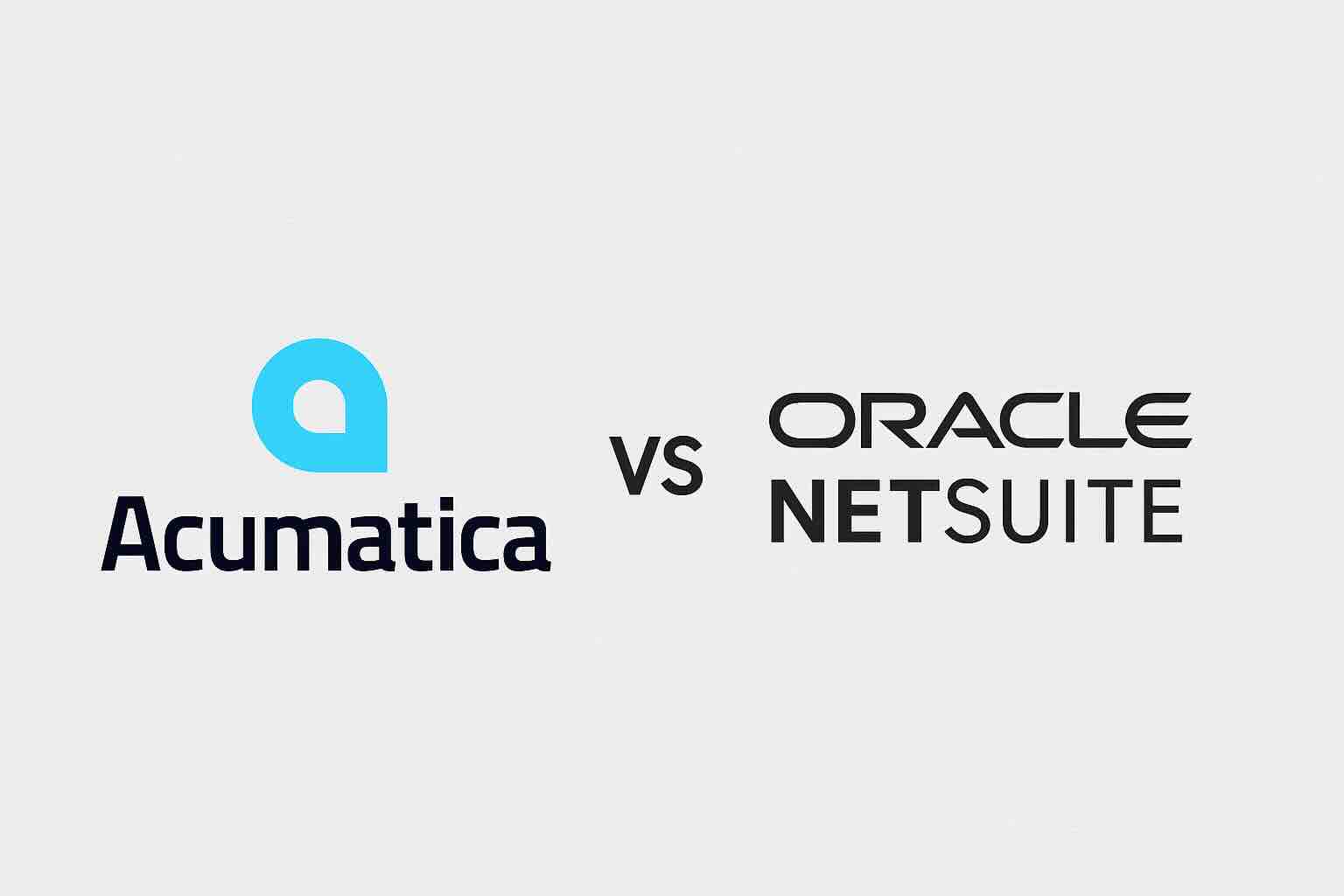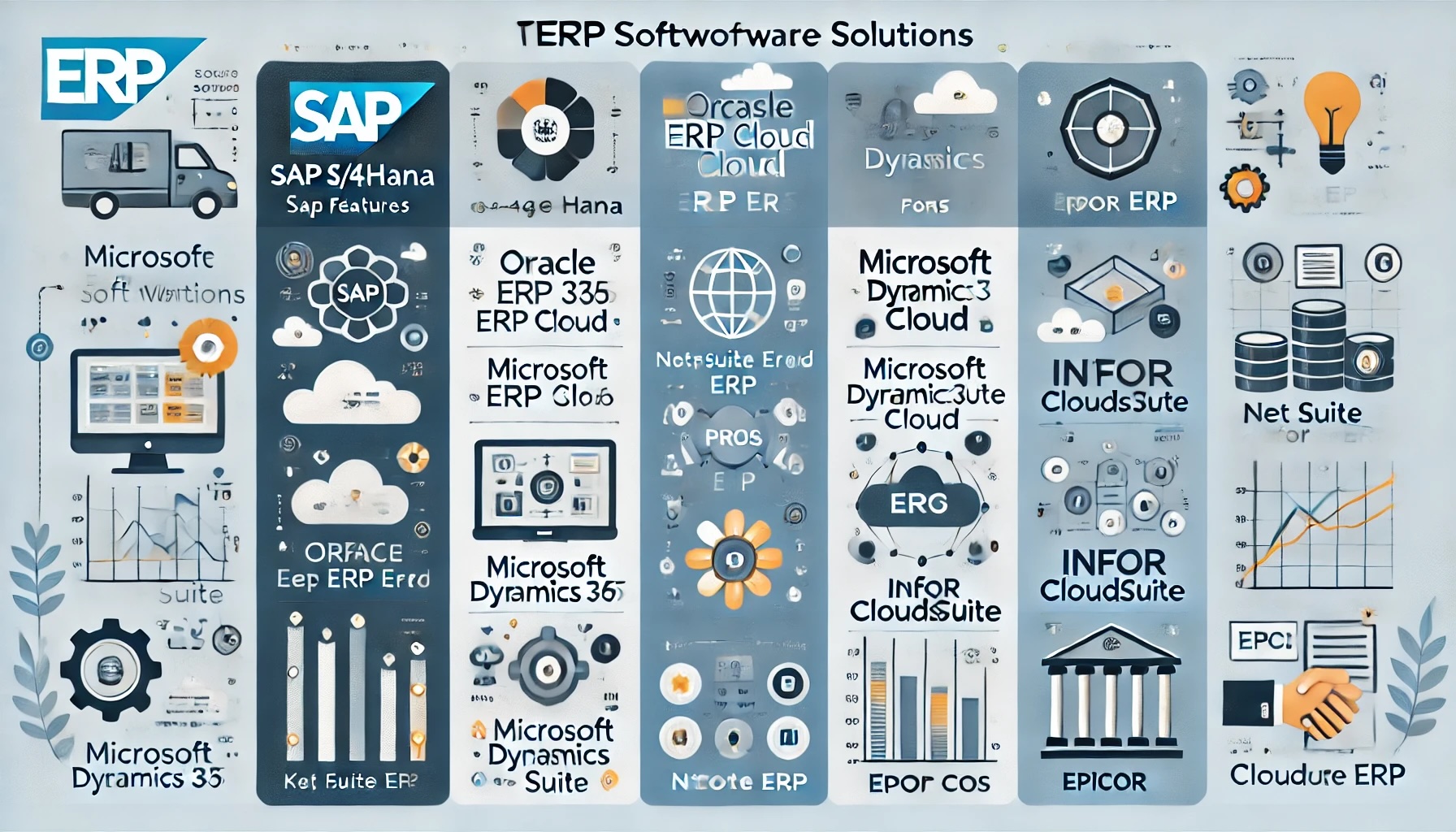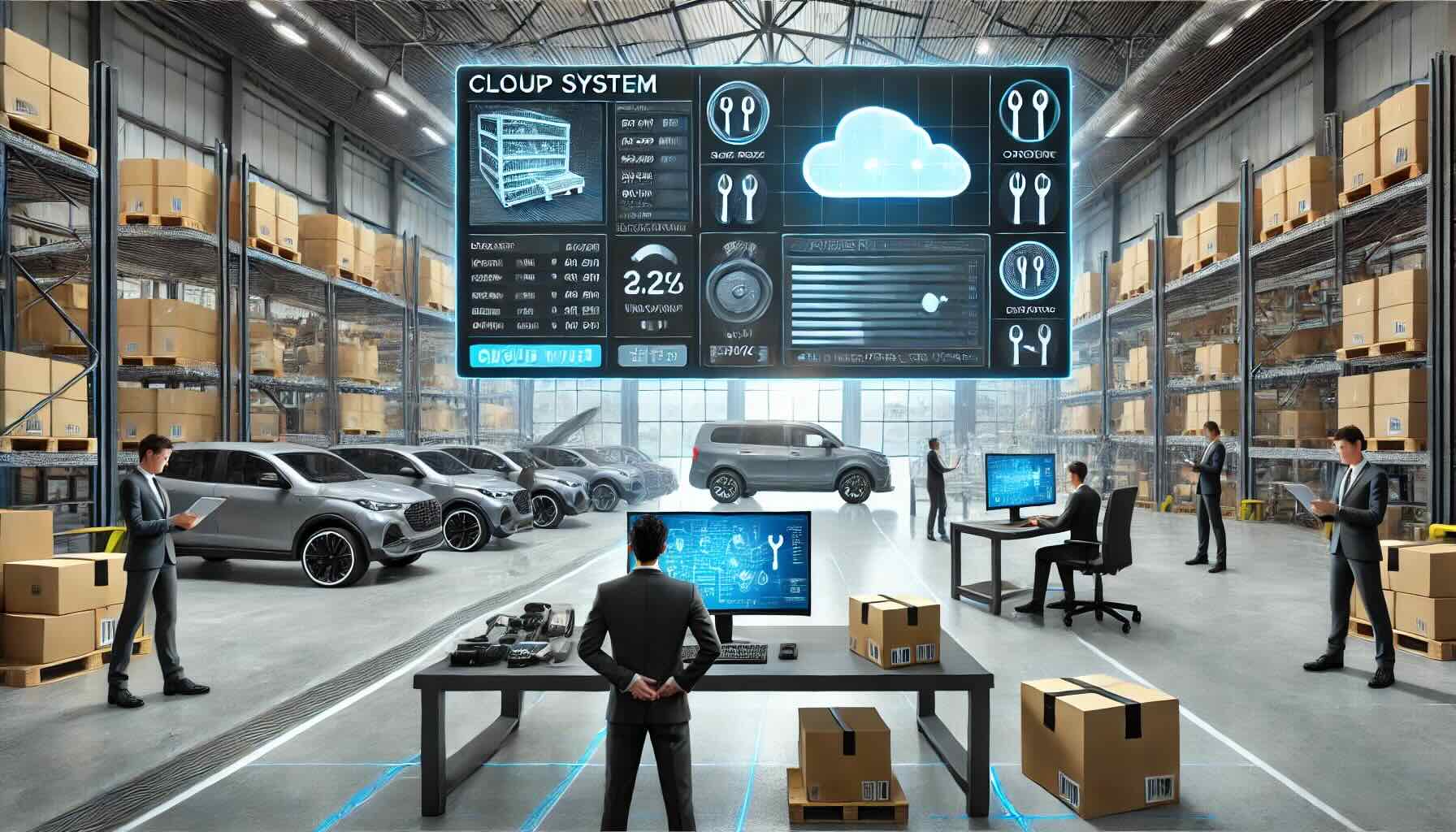Compare the Best Cloud ERP for Small Business

In today’s fast-paced business environment, having the right tools to manage operations efficiently is crucial. For small businesses, Cloud ERP (Enterprise Resource Planning) systems offer a scalable, cost-effective solution to handle various business processes. If you’re searching for the “Best Cloud ERP for Small Businesses,” this guide will help you compare the top options available and make an informed decision.
What is Cloud ERP?
Cloud ERP is a software solution that integrates various business processes, including finance, HR, manufacturing, supply chain, services, procurement, and others, into a single system. Hosted on the cloud, these systems provide real-time data access, improve collaboration, and enhance overall productivity without the need for extensive on-premises hardware.
Benefits of Cloud ERP for Small Businesses
- Cost-Effective: Eliminates the need for significant upfront investment in hardware and software.
- Scalability: Easily scales up or down based on business needs.
- Accessibility: Access data from anywhere, anytime.
- Security: Advanced security measures and regular updates to protect sensitive data.
- Integration: Seamlessly integrates with other business tools and applications.
Top Cloud ERP Solutions for Small Businesses
1. NetSuite
Overview: NetSuite, by Oracle, is a comprehensive cloud ERP solution designed for businesses of all sizes. It offers a unified suite of applications, including financial management, CRM, e-commerce, and inventory management, which are all accessible via the cloud.
Key Features:
- Real-time Analytics and Reporting: Provides deep insights into business performance with customizable dashboards and real-time reporting.
- Automated Financial Processes: Streamlines accounting, billing, and financial planning with automation and integration capabilities.
- Integrated E-commerce: Seamlessly connects online sales channels with back-end operations for a unified commerce experience.
- Global Business Management: Supports multiple currencies, languages, and subsidiaries, making it ideal for businesses with international operations.
Pros:
- User-friendly Interface: Intuitive design makes it accessible to users with varying technical skills.
- Extensive Customization Options: Highly adaptable to meet specific business needs.
- Strong Customer Support: Comprehensive support and training resources available.
Cons:
- Higher Price Point: Can be more expensive than other ERP solutions, particularly for small businesses.
- Complex Implementation: Implementation can be time-consuming and may require professional assistance.
2. Sage Intacct
Overview: Sage Intacct is a cloud financial management solution tailored for small to mid-sized businesses. It provides robust accounting features and is known for its strong financial management capabilities, making it a top choice for businesses focusing on finance.
Key Features:
- Real-time Financial Reporting: Delivers real-time insights with dynamic dashboards and detailed financial reports.
- Multi-entity and Multi-currency Management: Facilitates the management of multiple entities and currencies, ideal for businesses with complex structures.
- Automated Workflows: Streamlines processes with automation, reducing manual efforts and increasing efficiency.
- Integration with Various Business Applications: Easily integrates with CRM, payroll, and other business systems for a cohesive operation.
Pros:
- Strong Focus on Financial Management: Excellent for businesses that require advanced financial features.
- Highly Customizable: Can be tailored to meet specific business processes and reporting needs.
- Scalable: Grows with your business, making it a long-term solution.
Cons:
- Higher Cost: Can be expensive, especially for very small businesses.
- Limited Non-financial Modules: Primarily focused on finance, lacking comprehensive non-financial features.
3. Odoo
Overview: Odoo is an open-source ERP system that offers a suite of business applications. It is highly modular, allowing businesses to pick and choose the modules they need, making it a flexible and cost-effective solution for small businesses.
Key Features:
- Wide Range of Business Applications: Includes modules for CRM, e-commerce, accounting, inventory, project management, and more.
- Open-source and Highly Customizable: Offers extensive customization options, with a large community of developers contributing to its growth.
- User-friendly Interface: Intuitive design and easy-to-navigate interface.
- Community and Enterprise Editions: Provides both free and paid versions to suit different business needs and budgets.
Pros:
- Flexible and Customizable: Can be tailored to meet the unique requirements of any business.
- Affordable Pricing: Competitive pricing, with a free community edition available.
- Strong Community Support: Active community provides resources, support, and continuous development.
Cons:
- Requires Technical Expertise for Customization: Customization may require in-house technical expertise or hiring external developers.
- Limited Customer Support for Open-source Version: The community edition relies on community support, which may not be as reliable as paid support.
4. SAP Business One
Overview: SAP Business One is an ERP solution designed specifically for small and medium-sized businesses. It offers a comprehensive set of tools for managing financials, sales, inventory, and more, providing a robust solution for growing businesses.
Key Features:
- Integrated Business Intelligence: Includes powerful analytics and reporting tools to provide actionable insights.
- Real-time Reporting and Analytics: Enables real-time access to key business data, improving decision-making.
- Scalable as the Business Grows: Designed to grow with your business, supporting increased users and transactions.
- Strong Industry-specific Solutions: Offers tailored solutions for various industries, including manufacturing, retail, and wholesale.
Pros:
- Highly Customizable: Can be adapted to meet specific industry needs and business processes.
- Strong Global Support Network: Extensive support and resources from SAP’s global network.
- Robust Feature Set: Comprehensive features that cover all key business areas.
Cons:
- Higher Implementation Costs: Initial setup and implementation can be costly.
- Steeper Learning Curve: May require more time and training for users to become proficient.
5. Microsoft Dynamics 365 Business Central
Overview: Microsoft Dynamics 365 Business Central is an all-in-one business management solution that helps small businesses connect financials, sales, service, and operations. It offers a familiar Microsoft interface and strong integration with other Microsoft products.
Key Features:
- Real-time Financial Reporting: Provides detailed financial reports and dashboards to monitor business performance.
- Seamless Integration with Microsoft Office 365: Enhances productivity with tight integration with Microsoft Office tools.
- Scalable and Customizable: Flexible to meet the changing needs of your business, with a range of customization options.
- AI-driven Insights: Uses artificial intelligence to provide predictive insights and recommendations.
Pros:
- Strong Integration with Other Microsoft Products: Seamlessly connects with Office 365, Outlook, and other Microsoft tools.
- Comprehensive Feature Set: Covers all essential business functions in one solution.
- Flexible Deployment Options: Available as both cloud and on-premises solutions.
Cons:
- Higher Cost for Advanced Features: Some advanced features may require additional investment.
- Can be Complex for New Users: Initial setup and configuration can be challenging for those new to ERP systems.
How to Choose the Best Cloud ERP for Your Small Business
When selecting the best Cloud ERP for your small business, consider the following factors:
- Business Needs: Identify your specific business requirements and choose a solution that aligns with them.
- Budget: Consider both the upfront and ongoing costs, including subscription fees, implementation, and training.
- Scalability: Ensure the ERP system can scale with your business as it grows.
- User-Friendliness: Choose a solution that is easy to use and requires minimal training.
- Support and Training: Evaluate the customer support and training options provided by the ERP vendor.
- Integration: Check if the ERP system integrates seamlessly with your existing tools and applications.
Conclusion
Selecting the “Best Cloud ERP for Small Businesses” requires careful consideration of your business needs, budget, and growth plans. NetSuite, Sage Intacct, Odoo, SAP Business One, and Microsoft Dynamics 365 Business Central are all excellent options, each with its own strengths and weaknesses. By evaluating these options and considering the factors mentioned above, you can find the perfect ERP solution to streamline your operations and drive your business forward.
To compare these ERP solutions and many more, you can use our new AI-powered Compare ERP tool. It’s free to use and you get a guaranteed discount on your first year’s licence fees with a referral from Compare ERP.


